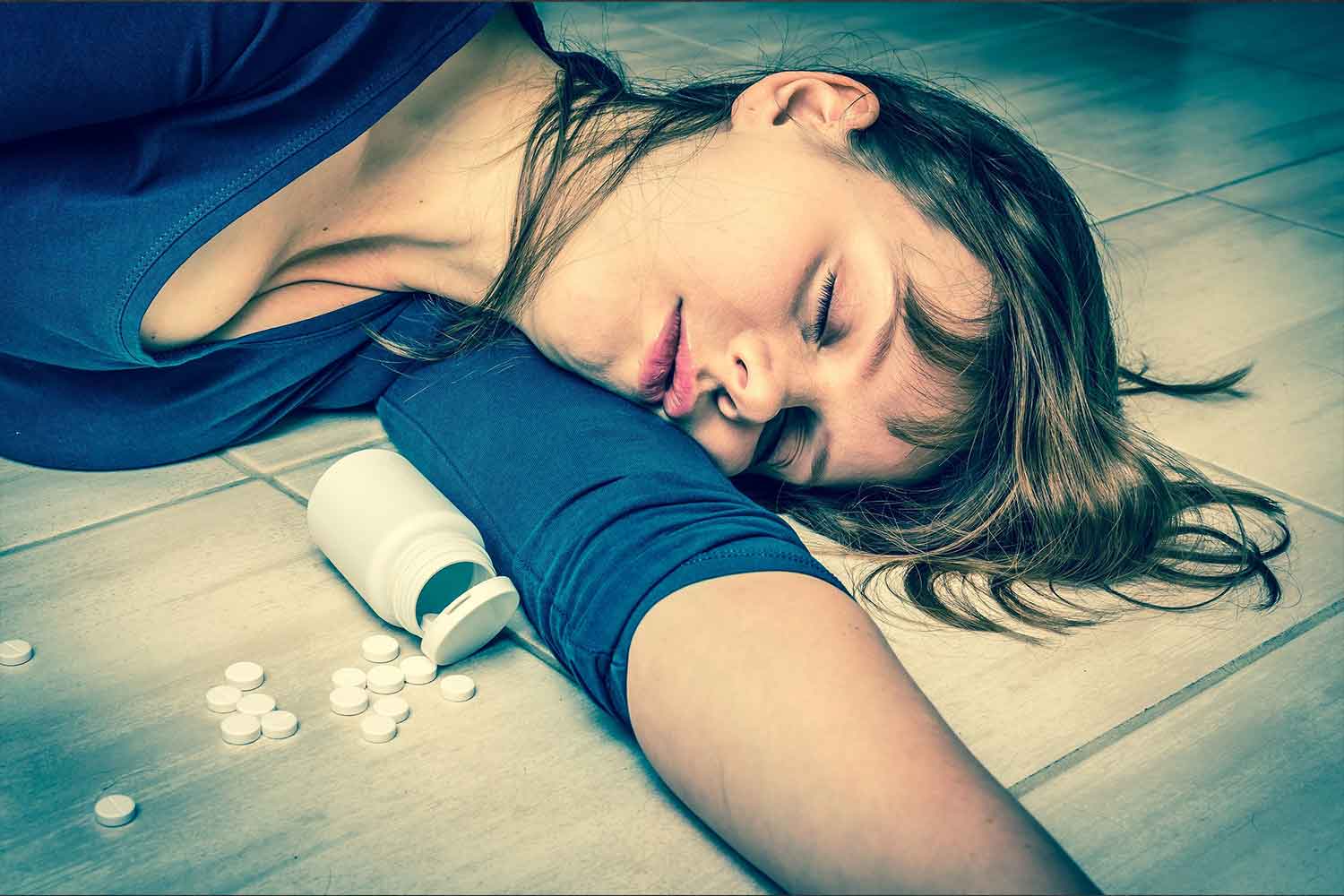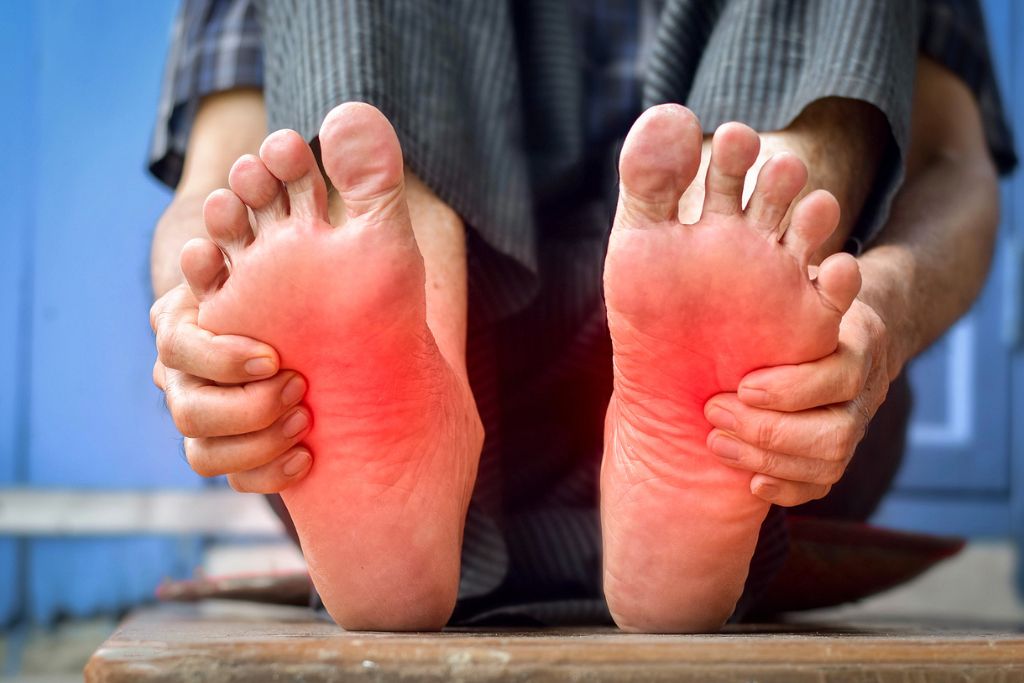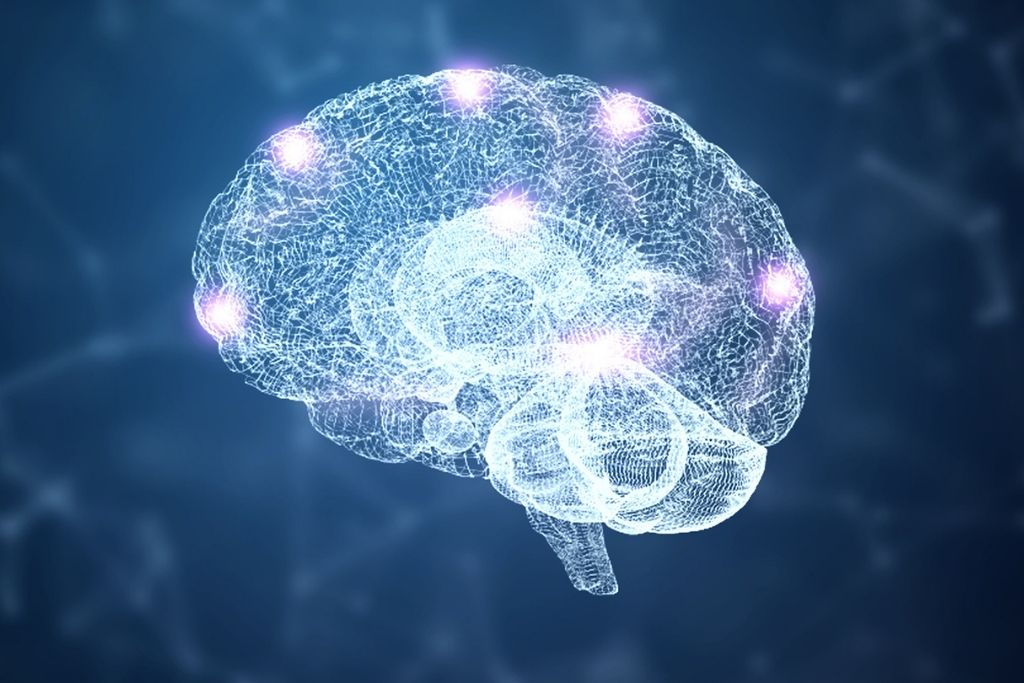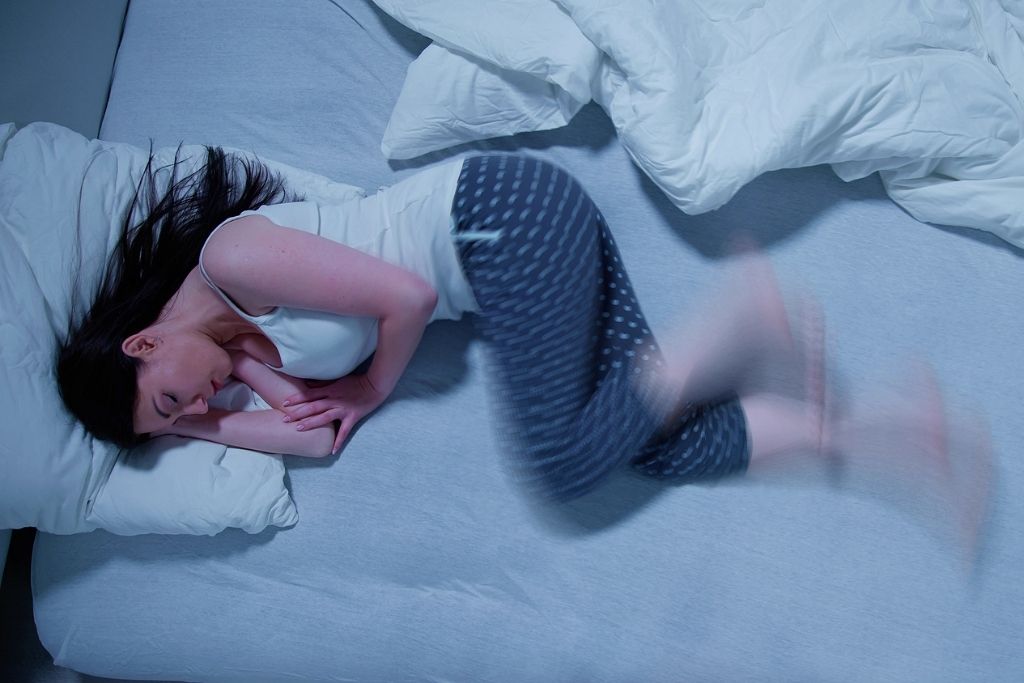An overdose of oxycodone hydrochloride can cause a myriad of symptoms including death. The narcotic opioid is widely used to treat pain and can be found in medications such as OxyContin. The powerful drug can cause an overdose among patients with a prescription as well as recreational users who take too much. An overdose occurs when the dose is in excess of what the body can handle. Therefore, compromising the physiological processes that the body does naturally to maintain life. An oxycodone overdose can be completely accidental or intentional in nature. Users experience different symptoms of an oxycodone overdose depending on factors such as the amount used, how the body responds to the drug and whether use was in conjunction with other substances. These include other narcotic medications, other prescription drugs, alcohol or illicit substances.
Regular oxycodone use, even in the short term, can cause patients to develop a tolerance. In other words, the same dose no longer provides the same effects. Thus, when the prescribed dosage no longer effectively treats pain, some choose to increase their dose or escalate use. Taking higher doses puts the user at a much greater risk for addiction and overdose.
What to Expect in the Case of an Oxycodone Overdose
Oxycodone medications are often combination drugs that include other active ingredients such as acetaminophen. Overdose symptoms can depend on the combination of oxycodone and other ingredients. In an overdose situation, oxycodone can cause the following symptoms:
- slowed or difficult breathing
- slowed heart rate
- low blood pressure
- cold and clammy skin
- weak or limp muscles
- extreme fatigue leading to coma, cardiac arrest and death.
Other active ingredients can cause the following overdose symptoms:
- nausea
- vomiting
- diarrhea
- confusion
- sweating
- irritability
- loss of appetite
- dark urine
- low blood sugar
- yellowing of the skin and whites of the eyes
- liver damage
- death
Individuals should seek medical treatment immediately if any of these symptoms occur. The earlier the treatment, the better the outcome may be. Emergency medical personnel may pump the stomach, induce vomiting or give activated charcoal so the body doesn’t absorb the oxycodone. Doctors may also administer certain medications, like Naloxone, to counteract the effects of oxycodone.
Finding Help for Oxycodone Addiction
In addition to overdose, oxycodone use can lead to physical and psychological dependence. The Waismann Method of rapid detox has almost 20 years worth of success treating cases of oxycodone addiction. Our safe, effective and compassionate rapid detox eliminates opiate dependence in a matter of hours, compared to weeks or months with other detox and rehab facilities. It’s performed in an accredited hospital and takes less than two hours using medicine to cleanse oxycodone from patients’ opiate receptors. During the procedure, our quadruple board certified medical director administers the sedation and other medications. These medications induce and speed the withdrawal phase while patients sleep through the symptoms. They wake up opiate-free without recollection of withdrawal symptoms that occurred. We also offer renowned transitional care in our Domus Retreat aftercare facility. The serene atmosphere and holistic approach to recovery includes individual counseling, art therapy, and massage.














